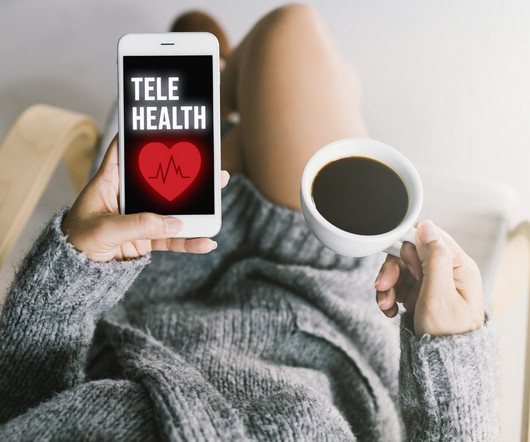The Role of Technology in Advancing Healthcare Equity
American Medical Compliance
AUGUST 27, 2024
As healthcare providers, organizations, and policymakers increasingly recognize the persistent disparities in health outcomes across different populations, technology is emerging as a powerful tool to bridge these gaps. These tools provide healthcare services to patients who may not have easy access to traditional in-person care.












Let's personalize your content